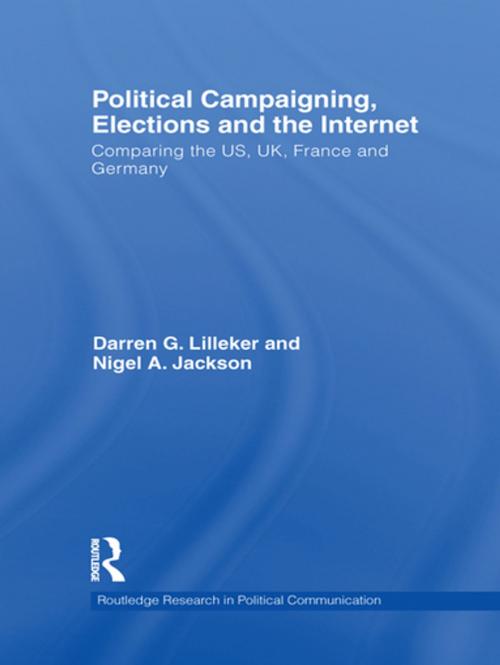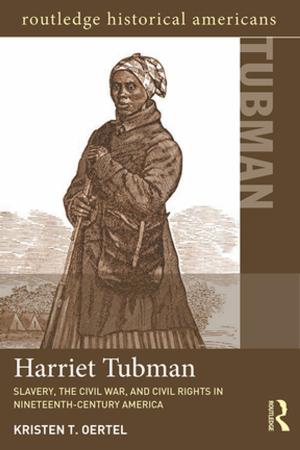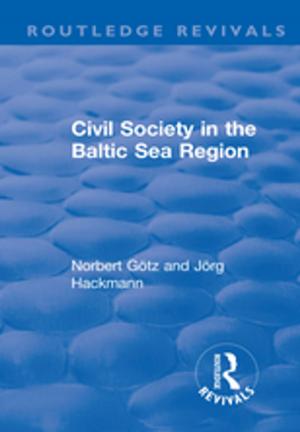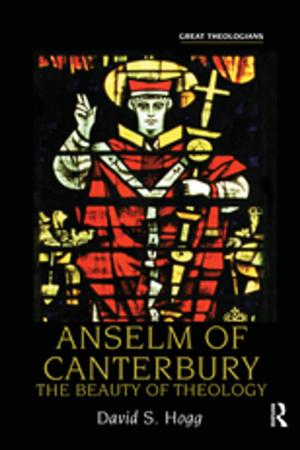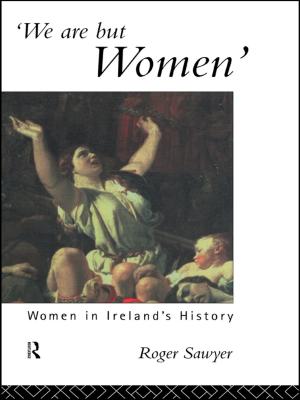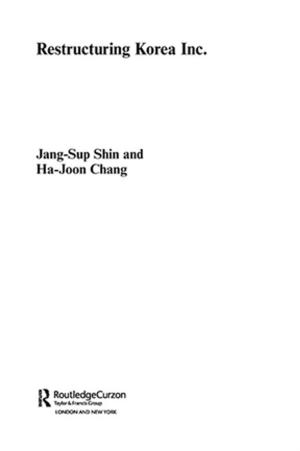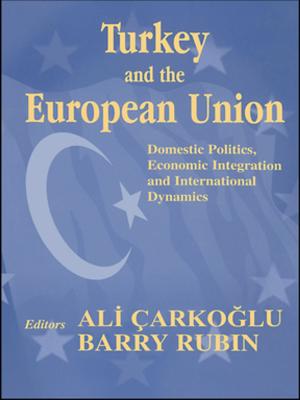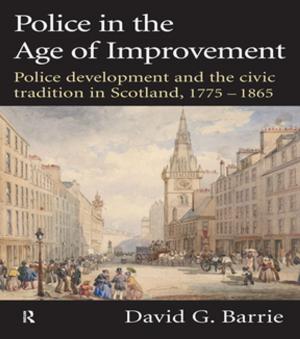Political Campaigning, Elections and the Internet
Comparing the US, UK, France and Germany
Nonfiction, Social & Cultural Studies, Political Science, International, Foreign Legal Systems, Government, Elections| Author: | Darren Lilleker, Nigel Jackson | ISBN: | 9781136815294 |
| Publisher: | Taylor and Francis | Publication: | March 1, 2013 |
| Imprint: | Routledge | Language: | English |
| Author: | Darren Lilleker, Nigel Jackson |
| ISBN: | 9781136815294 |
| Publisher: | Taylor and Francis |
| Publication: | March 1, 2013 |
| Imprint: | Routledge |
| Language: | English |
The Internet first played a minor role in the 1992 U.S. Presidential election, and has gradually increased in importance so that it is central to election campaign strategy. However, election campaigners have, until very recently, focused on Web 1.0: websites and email.
Political Campaigning, Elections and the Internet contextualises the US Presidential campaign of 2008 within three other contests: France 2007; Germany 2009; and the UK 2010. In offering a comparative history of the use of the Internet as an election tool, the authors are able to test the optimistic view that the Internet is transforming elections while also mapping the role the Internet plays and performs for parties and candidates. Lilleker and Jackson offer in-depth analysis demonstrating how interactive Web 2.0 online tools, including weblogs, social networking sites and file-sharing sites, are utilised and evaluate the role of these tools in the marketing and branding of parties and candidates.
Examining the interactivity between candidate, party, and voter, this important book will be of strong interest to students and scholars of political science, elections, international relations and political communication. It will be of value to those within public relations, marketing and related communication and media programmes.
The Internet first played a minor role in the 1992 U.S. Presidential election, and has gradually increased in importance so that it is central to election campaign strategy. However, election campaigners have, until very recently, focused on Web 1.0: websites and email.
Political Campaigning, Elections and the Internet contextualises the US Presidential campaign of 2008 within three other contests: France 2007; Germany 2009; and the UK 2010. In offering a comparative history of the use of the Internet as an election tool, the authors are able to test the optimistic view that the Internet is transforming elections while also mapping the role the Internet plays and performs for parties and candidates. Lilleker and Jackson offer in-depth analysis demonstrating how interactive Web 2.0 online tools, including weblogs, social networking sites and file-sharing sites, are utilised and evaluate the role of these tools in the marketing and branding of parties and candidates.
Examining the interactivity between candidate, party, and voter, this important book will be of strong interest to students and scholars of political science, elections, international relations and political communication. It will be of value to those within public relations, marketing and related communication and media programmes.
